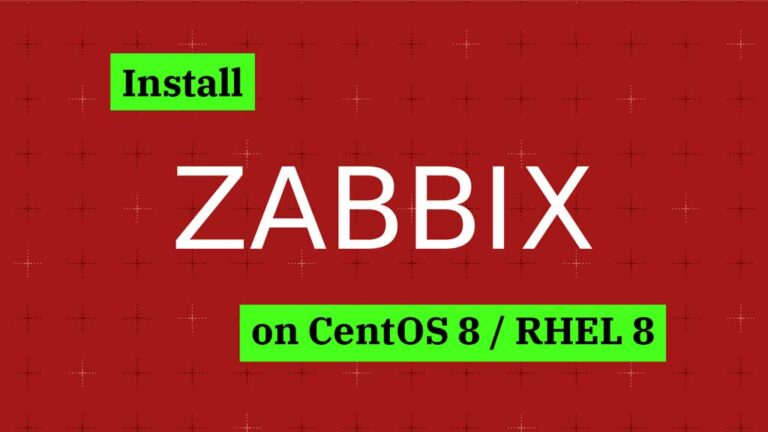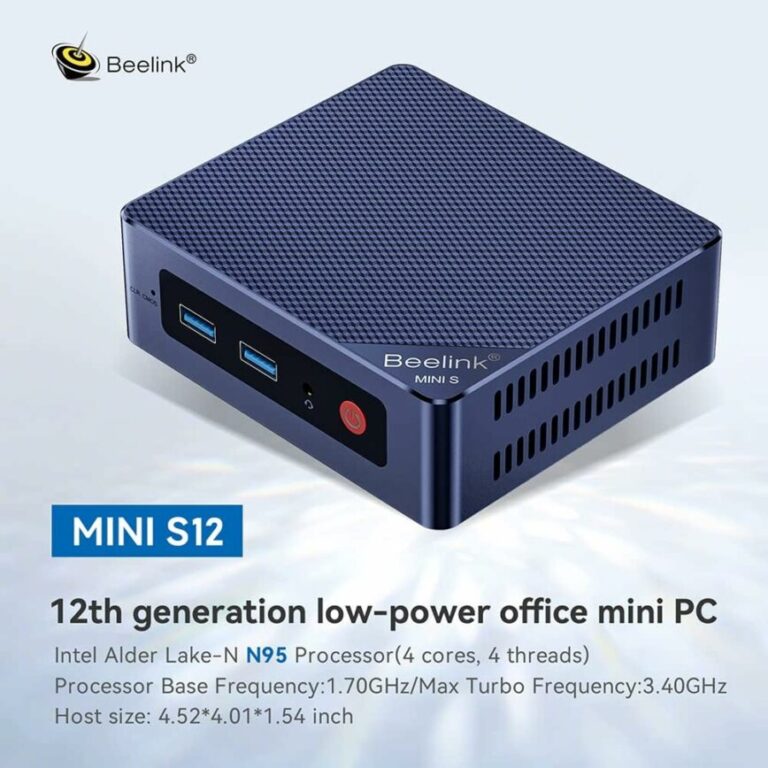
In today’s container-centric landscape, the Operating System (OS) is more important than ever. While containers and Kubernetes provide powerful tools for application deployment and management, the OS remains a critical component underpinning their functionality. From enabling core container features to ensuring security, performance and stability, the OS is crucial from data centers to the edge. If you could have an OS that is good for all your environments, what would you wish for? There are a few characteristics that anyone would like to have:
- Security-focused
- Lightweight
- Easy to manage with minimal maintenance
- Fast and secure boot
- Failure tolerant
- Open Source
All these features are part of the DNA of SUSE Linux Enterprise Micro (SLE Micro), an OS that is also the base for many of SUSE’s products.
Introduction to SLE Micro 6.0
Contents
In this blog post, we present SLE Micro 6.0, an immutable operating system perfect for running containers with or without Kubernetes and VMs. It provides an excellent platform for operations teams, developers and organizations building software and needing a resilient platform. Let’s explore the main technical features of SLE Micro and the key updates in the 6.0 release.
Main Features of SLE Micro
- Based on the btrfs file system: Provides backup copies every time you install a package. If something goes wrong in the update, SLE Micro reverts to the last working version, including OS upgrades.
- Immutable: The filesystem cannot be modified while running, improving security and avoiding service interruptions.
- Minimal Packages: Contains only the essential packages needed for the OS and for running containers, reducing footprint, resource requirements and enhancing security.
Exciting Updates in SLE Micro 6.0
- Installation Methods: SLE Micro 6.0 focuses only on RAW image-based deployments. The Self Install image variants now allow setting various parameters for direct and unattended installation.
- Deploying Pre-built Images: SLE Micro is available as raw images that can be deployed directly to storage devices like memory cards, USB sticks, or hard drives. It also provides tailored images for different use cases like qcow2 and vmdk.
- Podman Upgrade from 4.3.X to 4.7.1: Podman 4.7 is a major release with numerous new features and extensive bug fixes. Notable improvements include:
- Better support for containers in multiple networks
- Improved IPv6 support
- Enhanced performance
New Features in SLE Micro 6.0
- Full-disk Encryption: Focused on distributed infrastructure/Edge deployments, SLE Micro 6.0 enhances security with full disk encryption (FDE).
- Confidential Computing: Offers capabilities for confidential computing via the included virtualization stack.
- Web-based System Management: Uses the Cockpit project for system management, adding the Cockpit packages to the common code base, adjusted for the Immutable OS setup.
- Real-time Kernel: Provides a real-time (rt) kernel for Intel/AMD 64-bit architecture (x86_64), including support for Kernel Live Patching on the RT kernel.
- Public Cloud Images: Changed the Public Cloud instance initialization code to use cloud-init in AWS EC2, cloud-init and the Azure agent in Azure, and the Google guest environment for GCE, allowing user configuration through web consoles and customary ways.
- Arm 64-bit-specific Features: Includes driver enablement for various System-on-Chip (SoC) chipsets like NVIDIA Orin, Tegra, etc…
Conclusion
SLE Micro is constantly evolving to meet the needs of customers and partners, adapting to various use cases in different environments. The 6.0 release improves support for Cloud Providers, Edge, and Industrial use cases, while also accommodating innovative hardware running GPUs or Arm SoCs. SLE Micro 6.0 offers the foundation for efficient, secure and reliable container orchestration and operations.
(Visited 1 times, 1 visits today)






